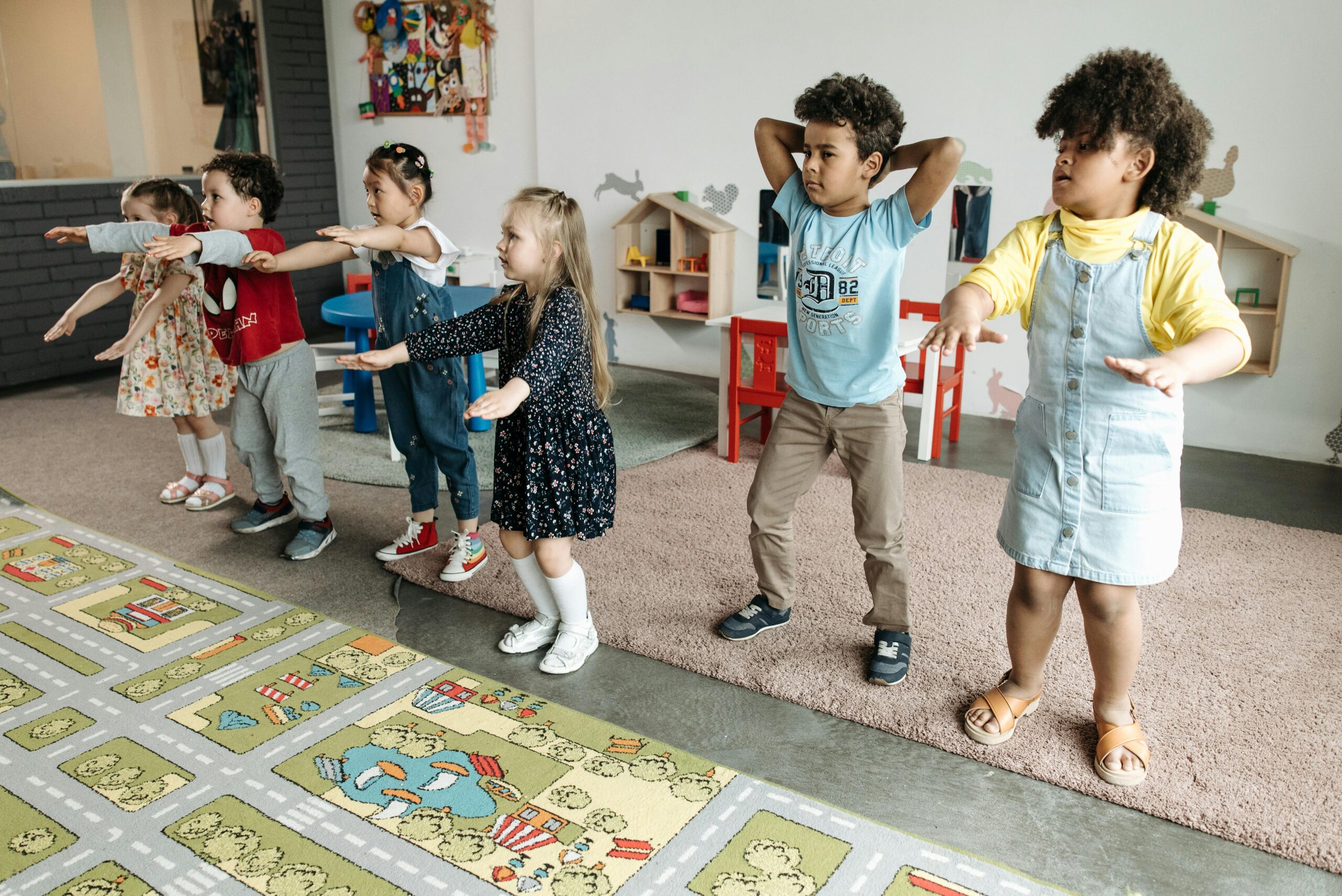The Power of Nursery Rhymes

Nursery rhymes are more than just short verses or songs for children; they play a crucial role in early childhood development and cultural transmission, providing numerous key benefits.
Language Acquisition
Nursery rhymes are highly recommended by speech and language therapists. Rhymes support children’s communication and language development at whatever stage they are at. They also enhance their vocabulary and language comprehension by introducing new words in memorable contexts.
The power of nursery rhymes enable children to become interested in the rhythm and patterns of language. Children need to hear their rhythm, even though they do not understand them.
Auditory Skills: They help children develop auditory skills such as discriminating between sounds and developing the ear for the music of words.
Phonological Awareness: Children's ability to recognise and work with sounds in spoken language is critical in learning to read and spell. Children who can rhyme are often better readers and spellers.

Cognitive Development
Repetition of nursery rhymes and stories improves children’s memory capacity, concentration and thinking skills, which are essential in all areas of learning. Understanding sequences and predicting outcomes are crucial cognitive abilities that nursery rhymes help develop.
Maths Skills Development
Nursery rhymes often include counting or other sequencing elements that boost numerical skills and logical reasoning and are a great way to start familiarising your child with numbers.
Creativity and Imagination
Nursery rhymes spark imagination filled with varied characters and various languages and encourage creativity in children.

Social and Emotional Development
Nursery rhymes carry simple moral lessons and often contain social values. Teaching rhymes in groups can promote social interaction and teamwork among young children, which are fundamental in fostering a sense of community and belonging.
Through nursery rhymes, children can explore different emotions and scenarios in a safe and controlled environment. This can help children manage their feelings and responses to various situations.
Physical Development
Many nursery rhymes involve actions that help children develop motor skills and coordination. Classic examples are 'The Wheels On The Bus' and 'Wind the Bobbin Up'.
Parent-Child Bonding
Nursery rhymes enable parents to engage with their children in a fun and educational way that strengthens bonds and ensures quality time. Parents should select rhymes that teach concepts like numbers, colours, shapes, weather etc. to increase their children’s love for learning.
Cultural and Historical Awareness
Many nursery rhymes reflect the historical and cultural contexts in which they were created. This helps children understand and connect with history and different cultures through storytelling.
Overall, nursery rhymes are a joyful, yet powerful learning source in early children’s literacy, helping them acquire essential skills for learning.
Ready to find out more?
It's National Nursery Rhyme week from 10th November 2025. Look out for our series of articles on the varied use of nursery rhymes in education.

North Tyneside libraries offer learning opportunities, reading, research and information, services for schools, online services as well as activities and events.
Borrowbox provides access to a huge range of free eBooks with a selection in foreign languages, e-Audiobooks and eMagazines.
Regular activities for children up to 5 years old in North Tyneside Libraries
- Bookstart Rhymetime - for babies aged 0-18 months to sing songs, play with musical instruments and listen to a story
- Storytime Sessions - for ages up to 5, with specially selected stories and a craft activity
- Wiggly Worms - regular playgroup sessions for children aged 18 months +
- Stay and Play - regular playgroup sessions with toys, music, and movement for children aged 18 months +
How can we support your school?
Our Curriculum and Standards offer focuses on bespoke support and challenge to embed quality first teaching across the curriculum to enable all pupils to achieve positive outcomes and realise their potential.

